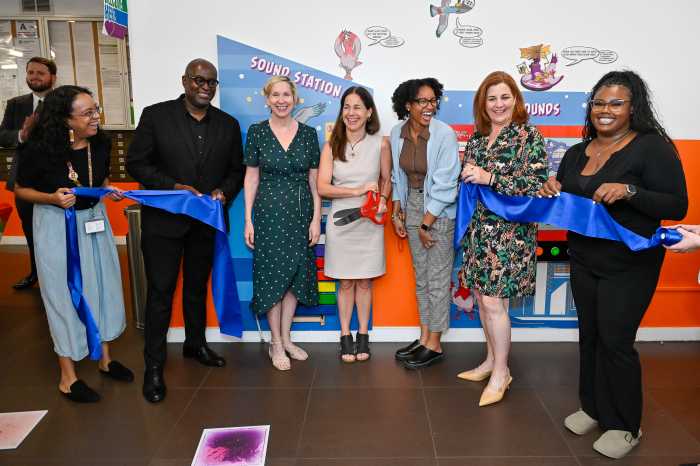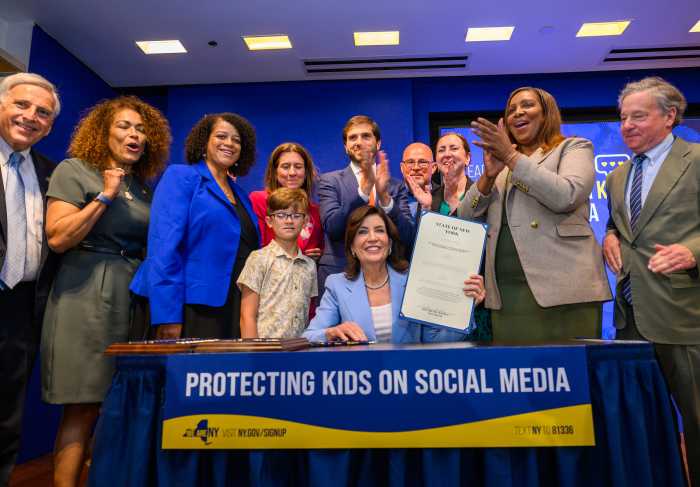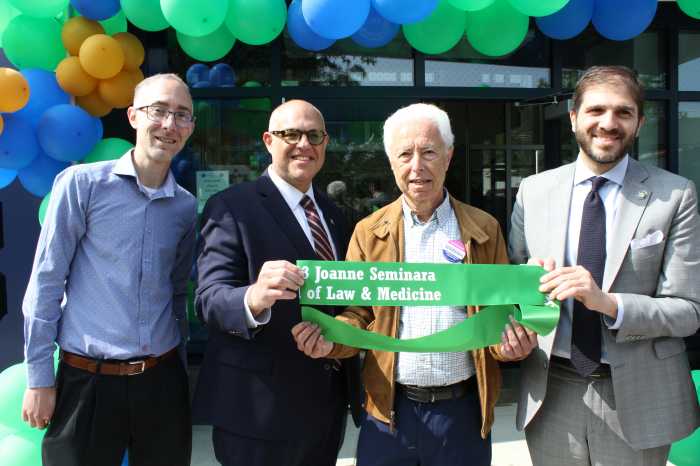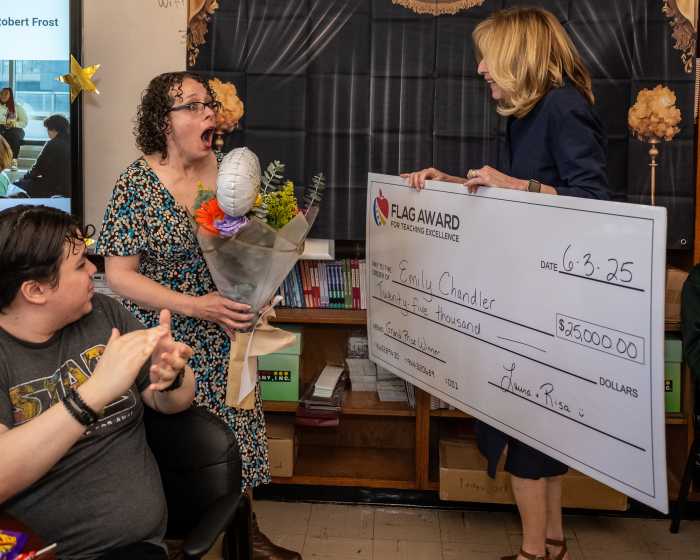Snow days slow things down and make us stop to pay attention, and that is a good thing.
When the blizzard hit last Saturday, we cleared our minds of doing anything. We needed food, and heat, and shelter, and we were suddenly very grateful for those things. Nothing like potential scarcity to make you realize what you have, and how you might feel if it were lost.
When we did make it outside to walk the dog, kids were playing together and laughing in our courtyard. Neighbors smiled and stopped to chat about how beautiful it was. They didn’t rush past without slowing their gait, as so often happens on other Saturdays as they head off to soccer or a show or to get things done.
And we felt so grateful for our local shopkeepers who were open. Playing host to a gaggle of boys, we needed eggs and a few other provisions to add to the bacon and Challah bread I had grabbed in a whirlwind the night before, not sure whether to trust the warnings that this could be bad, we could be stuck for days.
As a journalist, I am a skeptic. I know that it is important to say things strongly to get people to pay attention to you, that if you don’t make people scared, they might not listen, and, sometimes, dire predictions don’t come true. But sometimes they do.
As the snow fell and the boys took off for the sledding hill, fortified with plenty of food, I lay in bed and read Paula Fox’s “Coldest Winter” about being in post-war Europe and seeing Paris and Warsaw as they were rebuilt after the devastation. It is scary to contemplate man’s inhumanity to man, sometimes scarier even to imagine Mother Nature’s wrath. But there is something amazing, too, about remembering to revere the simple things, to appreciate what we have and what we are capable of creating instead of worrying about what we don’t have, and what we can’t do. Even the smallest disruption of regular life can be a great way to break the cycle of forgetfulness and to understand that we are blessed with breath and the ability to be in this world with one another.
I say that, but then, as I fed a bunch of boys lunch after sledding and there was talk of how they might get home, or if they’d be stuck, I started to worry about having enough food. A warning had come through that cars should be off the road and the above-ground trains were going to stop running. Though I usually never balk at having more mouths to feed, suddenly I started to feel less generous: What if the storm continued and we couldn’t get more food? How long could we last with what we had?
Luckily, we had been invited to share a communal dinner with friends next door (obviously people less paranoid than I.) While we were there, enjoying the bounty of food and drink, the snow finally stopped. There had been no major damage, no power outages. Trains would likely resume, and the shopkeepers who’d closed so people could get home would open again in the morning.
We were lucky. I went to bed with happy thoughts, appreciating the storm’s reminder of the unconscious way I sometimes live and let my children live, the lack of gratitude we sometimes have for all of life’s pleasures and the people around us who we need to take notice of and greet and talk to, to take care of sometimes if they are in need.
Storms are forceful and tumultuous. They happen for a reason. As the sun shone bright out of a blue sky the next morning, and the snow fell off the trees in big clumps, I almost felt sad. Normal schedules would resume, and people would be busy again. We would take for granted that everything we wanted would be accessible.
Until the next time we are warned to be concerned.

























